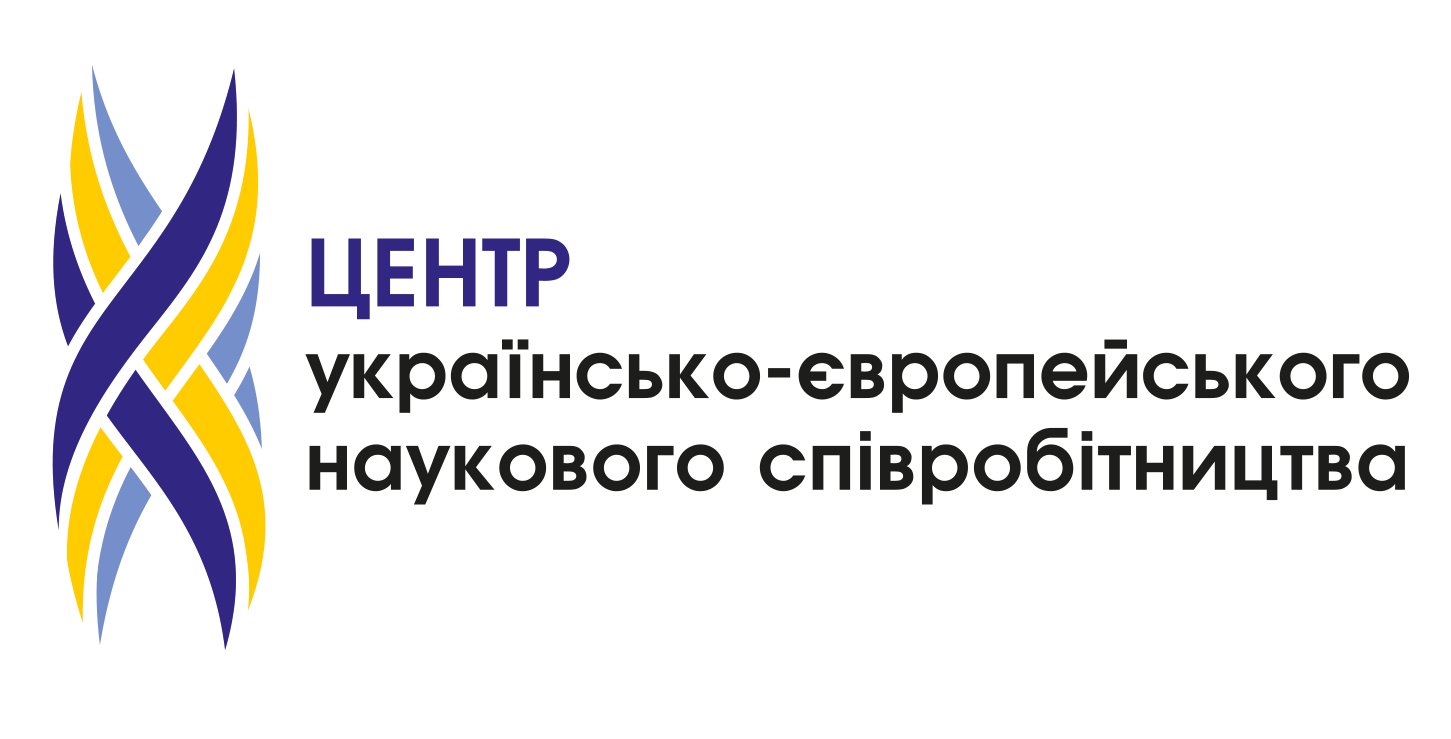
The Center for Ukrainian-European Scientific Cooperation cooperates with different European universities, scientific institutions and organisations in the framework of its activities. Pavol Jozef Šafárik University (Košice, the Slovak Republic) also joined the Center’s partners.
Pavol Jozef Šafárik University was founded in 1959 as the second classical university in Slovakia. The actual structure of Pavol Jozef Šafárik University includes four departments: Faculty of Medicine, Faculty of Natural Sciences, Faculty of Law and Faculty of Public Administration. The Faculty of Law was founded in 1973. The university has more than 5,700 students, 1250 employees (500 lecturers and 95 research associates).
The University provides education in three university cycles: bachelor, master and PhD. The process of education is performed in Slovak and English. Pavol Jozef Šafárik University in Košice provides higher education on the basis of the latest scientific researches in a broad international context. The University intensively cooperates with education institutions around the world.
The first joint event, in the context of cooperation between Pavol Jozef Šafárik University and the Center for Ukrainian-European Cooperation, was the organization and implementation of International academic conference. When discussing the details of scheduled event, many different relevant topics of the conference were proposed, however, one that seemed to the organizers to be the most urgent was chosen by joint endeavours. As a result, On February 27-28, 2015, International conference “Juridical science and practice in the third millennium” was held.
The following sections were in the framework of conference:
- History and theory of state and law, philosophy of law;
- Constitutional law;
- Public international law;
- Private international law;
- European Union law;
- Ecological, land, agrarian law;
- Civil law and procedure;
- Commercial law and procedure;
- Labour law;
- Administrative law and procedure;
- Financial law;
- Information law;
- Criminal Law and criminology, criminal executive law;
- Criminal procedure, criminalistics.
About 400 Ukrainian scholars showed an interest to participate in the conference and presented achievements on a specific topic in the form of theses. The amount of participants proved that the organizers chose a relevant topic for the event. Upon completion of the conference, all participants received a collection of abstracts and certificate that confirms participation in the event.









